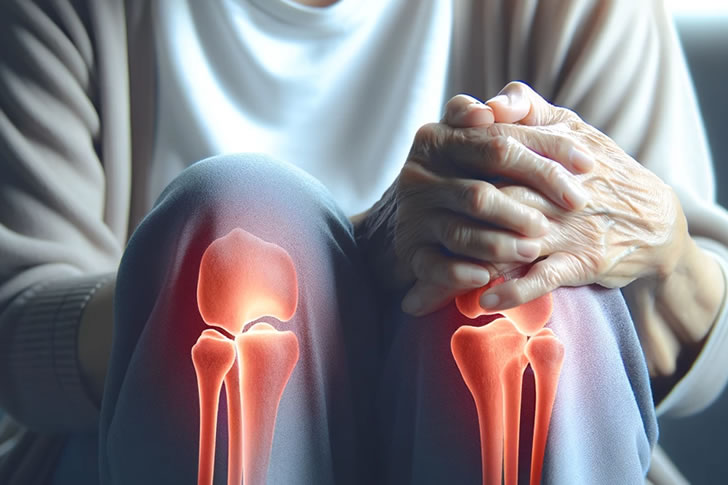Psoriatic Arthritis (PsA) can be a challenging condition. Understanding its symptoms and exploring effective treatment options can help manage this chronic illness better.

Psoriatic Arthritis (PsA) can be a challenging condition. Understanding its symptoms and exploring effective treatment options can help manage this chronic illness better.
Psoriatic Arthritis (PsA) is a chronic inflammatory disease that affects both the skin and joints. It commonly occurs in individuals who have psoriasis, a skin disorder characterized by red, scaly patches. PsA can cause joint pain, stiffness, and swelling, significantly impacting the quality of life.
Identifying the symptoms of Psoriatic Arthritis early can help in managing the condition effectively. Here are some common symptoms:
Joint pain and swelling are primary indicators of PsA. These symptoms can range from mild to severe and typically affect the fingers, toes, and lower back.
People with PsA often experience stiffness in the joints, especially in the mornings or after periods of inactivity. Unlike regular stiffness, this can last for hours.
Changes in nails, such as pitting, thickening, or separation from the nail bed, can be a sign of PsA. These symptoms are often overlooked but are indicative of the condition.
As PsA is closely linked to psoriasis, many individuals also experience psoriasis symptoms, including red, scaly patches of skin. This can occur on the elbows, knees, scalp, and other areas.
Chronic fatigue is a less obvious but common symptom of PsA. The ongoing inflammation can lead to a feeling of constant tiredness.
While there's no cure for Psoriatic Arthritis, various treatment options can help manage the symptoms and improve the quality of life. Here are some effective treatments:
Physical therapy can enhance joint function and reduce stiffness. A physical therapist can design a customized exercise plan to strengthen muscles around the joints and improve overall flexibility.
Stress can exacerbate Psoriatic Arthritis symptoms. Techniques such as mindfulness, meditation, and deep-breathing exercises can help mitigate stress and promote overall well-being.
For those with psoriasis-related skin issues, proper skin care is crucial. Use moisturizers, avoid harsh soaps, and seek treatments such as topical corticosteroids to manage skin symptoms effectively.
Living with Psoriatic Arthritis requires ongoing management. Here are some practical tips:
Keeping a symptom diary can help track flare-ups and identify potential triggers. This information can be useful for medical consultations.
Stay updated on the latest research and treatment options for PsA. Joining support groups or participating in communities can also provide valuable insights and emotional support.
Regular check-ins with your healthcare provider are crucial. Discuss any new symptoms or concerns so that adjustments can be made to your treatment plan.
Incorporate self-care practices such as warm baths, using heating pads, or practicing gentle stretching to relieve pain and stiffness.
Understanding Psoriatic Arthritis, recognizing its symptoms early, and adopting effective treatment strategies can significantly improve your quality of life. By following these guidelines and staying vigilant, you can manage PsA more effectively and live more comfortably. Always consult with healthcare professionals for personalized medical advice and treatment plans tailored to your specific needs.
Explore the Tranquil Bliss of Idyllic Rural Retreats

Ultimate Countdown: The 20 Very Legendary Gaming Consoles Ever!

Understanding Halpin and its Influence

Affordable Full Mouth Dental Implants Near You

Discovering Springdale Estates

Illinois Dentatrust: Comprehensive Overview

Embark on Effortless Adventures: Unveiling the Top in Adventures Made Easy Outdoor Equipment

Unveiling Ossur Valves: Innovation in Prosthetics

Unlock the Full Potential of Your RAM 1500: Master the Art of Efficient Towing!
